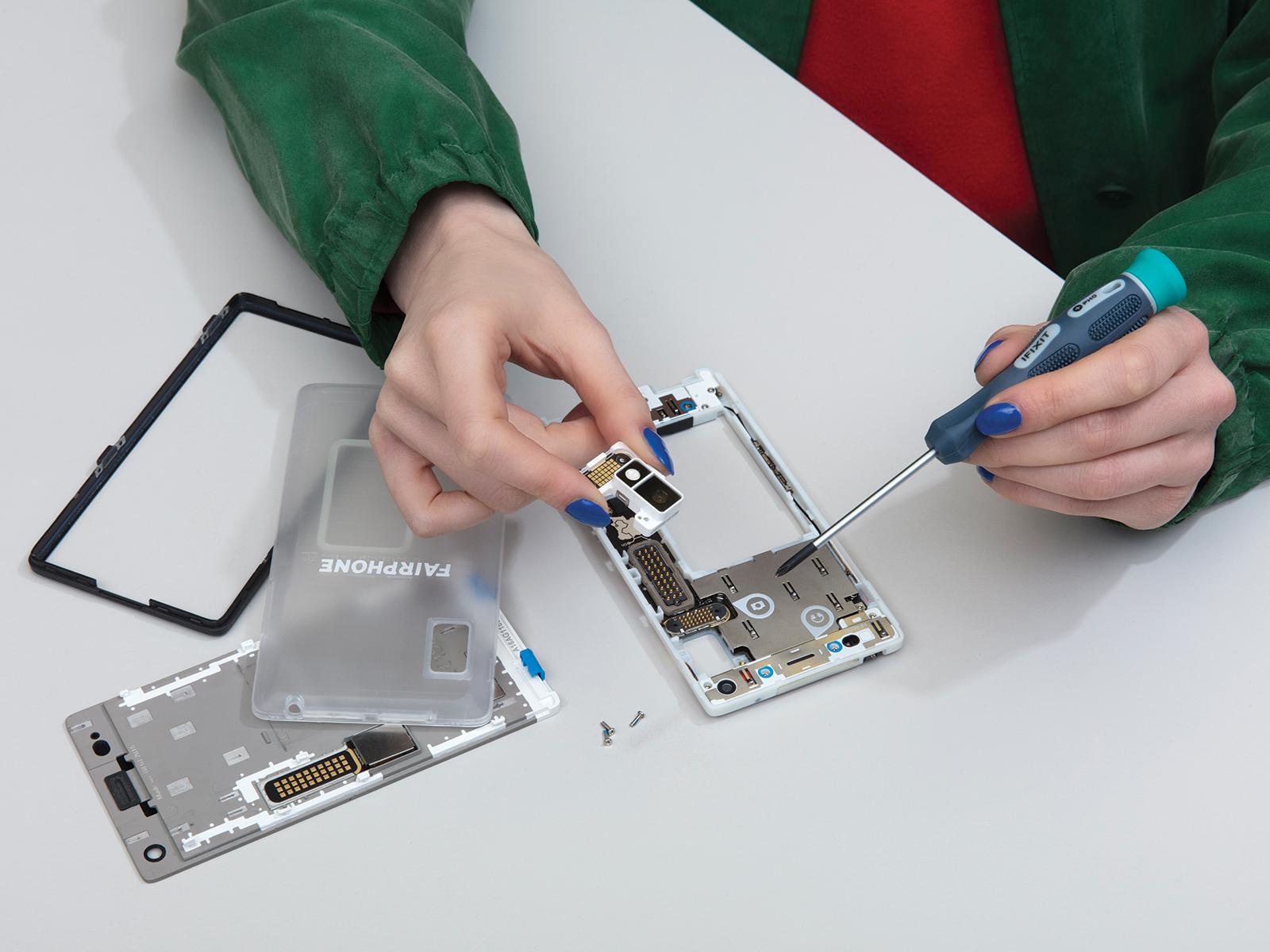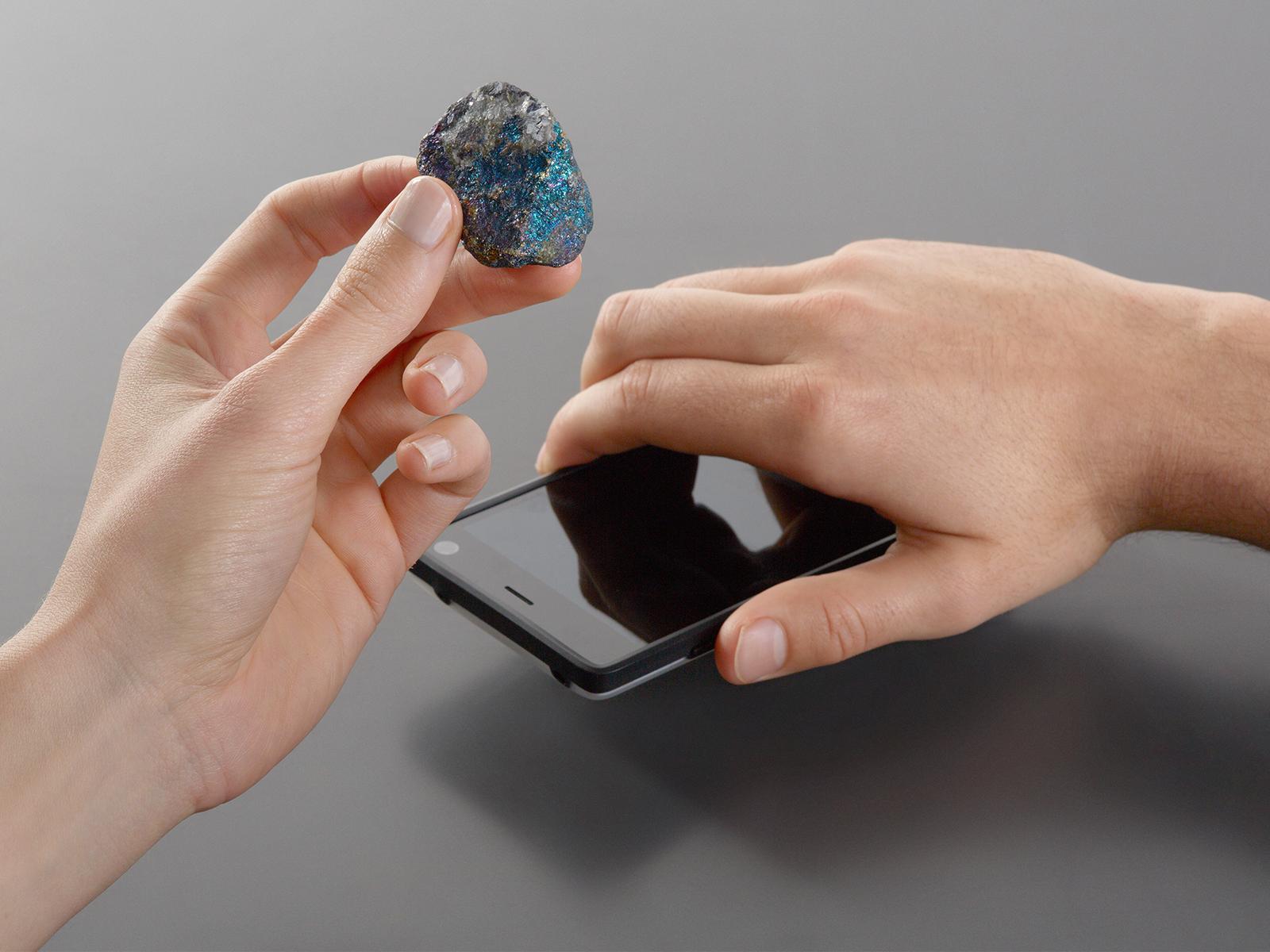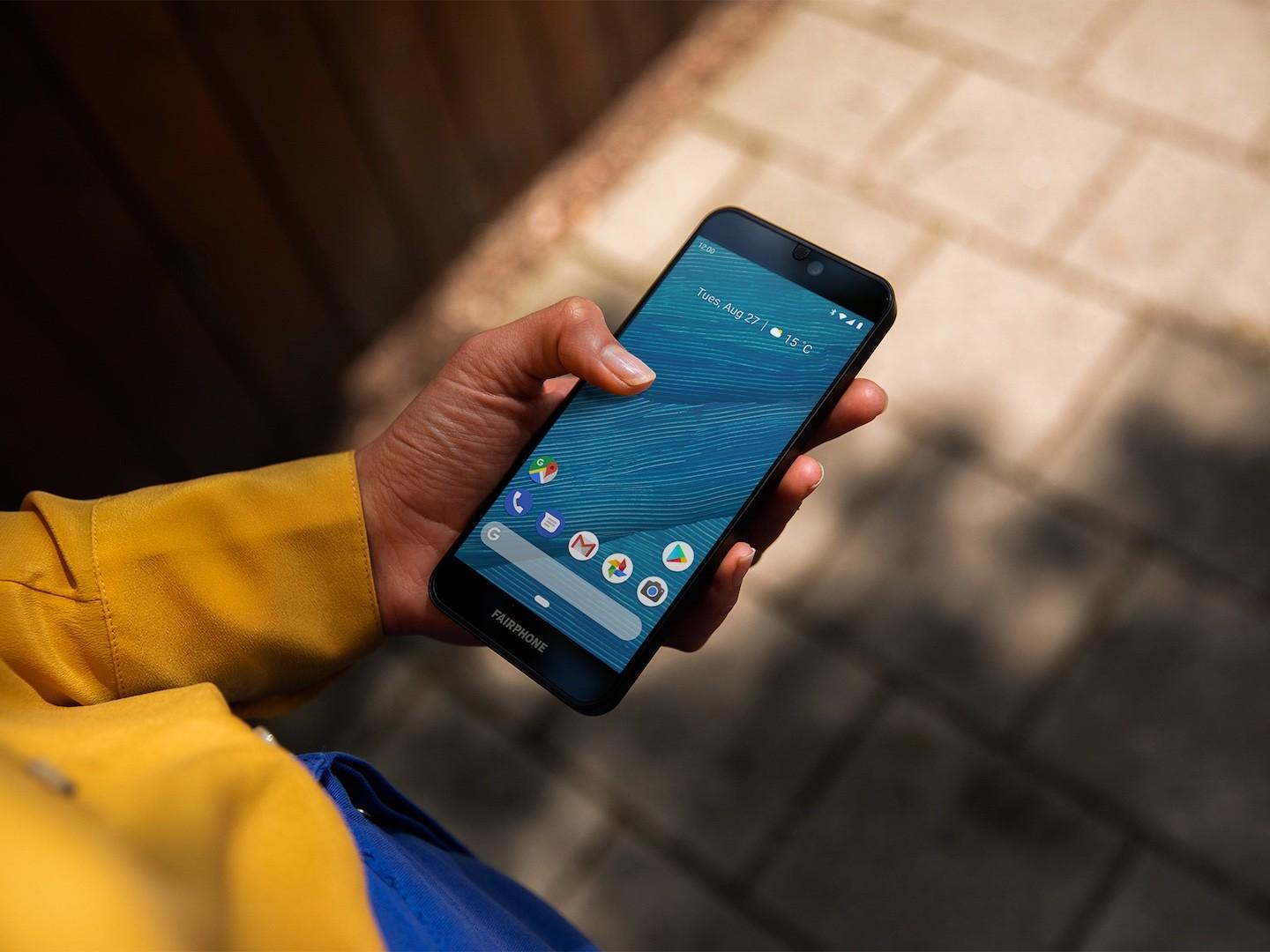A fine two-page portrait of Eva Couwens and Bas van Abel of Fairphone in the Dutch newspaper Trouw, under the title 'Fairphone expands - with all the ethical dilemmas that brings'. The article comes at the moment that Abel, founder of Fairphone in 2013, has indicated that he is transferring the day-to-day management to Gouwens and is himself transferring to the supervisory board. From his new position, Van Abel is able to ask even better ethical questions, according to Gouwens. "Questions like: 'Why do we do it like that? Can it be done differently?'"
Fairphone has gradually grown into a serious player on the market that cooperates with large companies. That puts new dilemmas on the table. Gouwens and Van Abel mention the purchase of spare screens as an example in the field of sustainability. With the first Fairphone model the factory quickly stopped making screens. That threatened to happen again at the Fairphone 2.
The Fairphone 2 is, in contrast to the first model, modular. Parts that can break relatively quickly, such as the camera and the screen, can easily be replaced by the user. The starting point of the telephone is an expected life span of three to five years.
Van Abel: "How many spare screens will you buy, if you have promised your customers that they can use their phones for three to five years?" Gouwens: "Many companies would not spend a lot of money on this, because you do not know how many of those screens you will be able to sell." After a lot of discussion, Fairphone ordered more than enough screens to meet the expected needs of customers. "What is not very sustainable," says Van Abel. "Because then you may have screens left over at the end."
We can not exclude child labour, because we work in Congo
- Bas van Abel
The situation also comes up with the resourcing of raw materials from Congo, one of the issues that the original Waag and ActionAid campaign brought to the attention. Companies often ask Fairphone to guarantee for one hundred percent that there is no child labour involved in obtaining raw materials. Van Abel says: "But Fairphone can not do that, because we operate in the Congo, and the mines where we get metals such as tin, tent and tungsten have not contributed to the ongoing conflicts in the country, but child labour in the Congo is very difficult to rule out completely."
Fairphone started in 2013, after a campaign by Waag, as a social enterprise, to produce telephones that are as 'fair' as possible. More than 150,000 phones have now been sold. Fairphone currently has 70 employees and in 2017 an annual turnover of 13 million euros.


